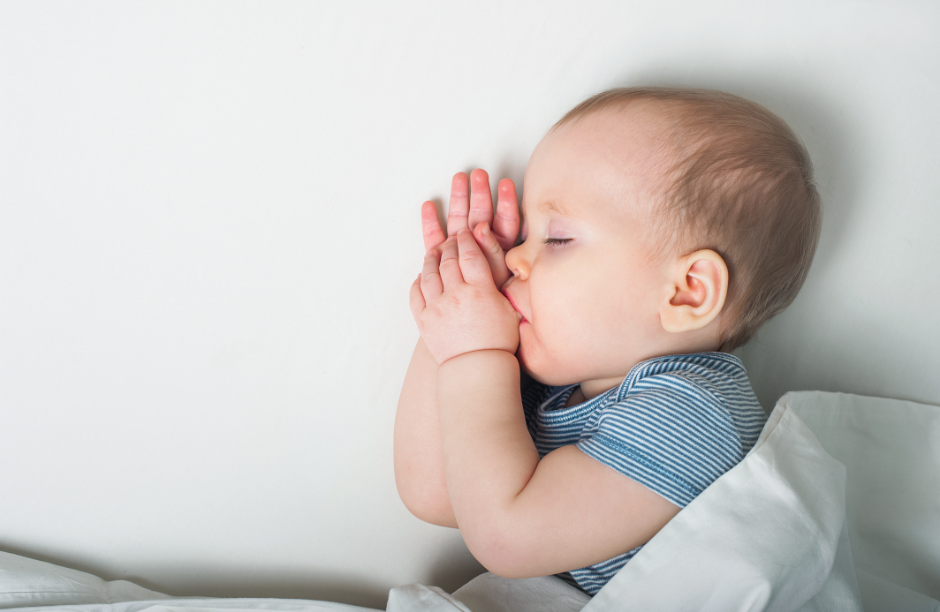When to Start Sleep Training

As a parent, getting a good night's sleep can feel like a luxury, especially when you have a little one who's not quite on the same sleep schedule. Sleep training is a helpful tool that many parents turn to in order to establish healthy sleep habits for their babies. But when is the best time to start sleep training? In this guide, we'll explore the factors to consider and the ideal timing for introducing sleep training into your baby's routine.
Understanding Your Baby's Sleep Development
Before diving into the when, let's first understand a bit about your baby's sleep development. Infants go through various stages of sleep maturity during their first year. Here are some key milestones to keep in mind:
- Newborn Stage (0-3 months): Newborns have erratic sleep patterns and often wake frequently to eat. Their sleep cycles are shorter, and they spend more time in REM (dream) sleep.
- 4-6 Months: Around this age, many babies start to establish a more regular sleep schedule and develop longer nighttime sleep stretches.
- 6-9 Months: Babies typically become more capable of self-soothing and may start sleeping through the night. They may also nap more consistently.
- 9-12 Months: By their first birthday, many babies can sleep through the night and take consistent daytime naps.
Signs Your Baby May Be Ready for Sleep Training
While there isn't a one-size-fits-all answer to when to start sleep training, there are some signs that your baby might be ready:
- Consistent Sleep Patterns: Your baby has developed more predictable sleep patterns and a somewhat regular sleep schedule.
- Reduced Nighttime Feedings: If your baby is no longer relying on nighttime feedings for nutrition and is capable of sleeping for longer stretches, it may be a good time to consider sleep training.
- Self-Soothing: Your baby has started to show signs of self-soothing, such as sucking on their thumb or a pacifier.
- Excessive Nighttime Waking: If your baby is waking up frequently at night and struggling to fall back asleep, sleep training can help them learn to self-soothe and return to sleep independently.
Choosing the Right Method
When you decide it's time to start sleep training, it's crucial to choose a method that aligns with your parenting style and your baby's temperament.
Consistency Is Key
Regardless of the method you choose, consistency is essential. Establish a bedtime routine that includes soothing activities like reading a book or singing a lullaby. Stick to the same sleep schedule as much as possible, even on weekends, to help your baby develop a strong sleep-wake cycle.
Conclusion
The best time to start sleep training for your baby varies from child to child. Keep in mind your baby's developmental stage, signs of readiness, and your own comfort level with the process. Sleep training is a valuable tool for helping your baby develop healthy sleep habits, but it's important to approach it with patience and understanding.
Remember that every baby is unique, and what works for one may not work for another. Consult with your pediatrician or a pediatric sleep specialist for personalized guidance and support as you embark on this journey to help your baby sleep soundly through the night.
Restful Baby Blog





